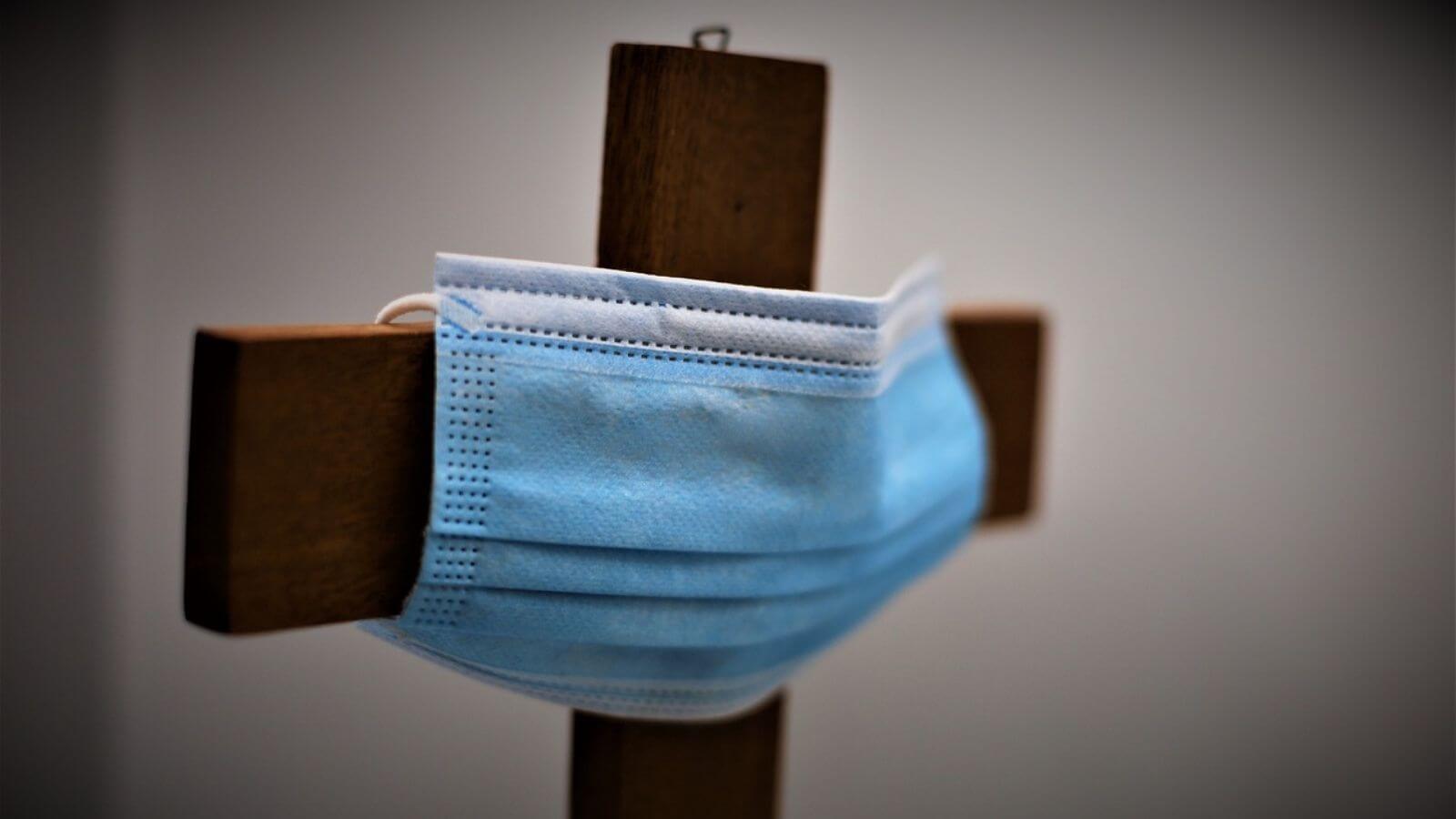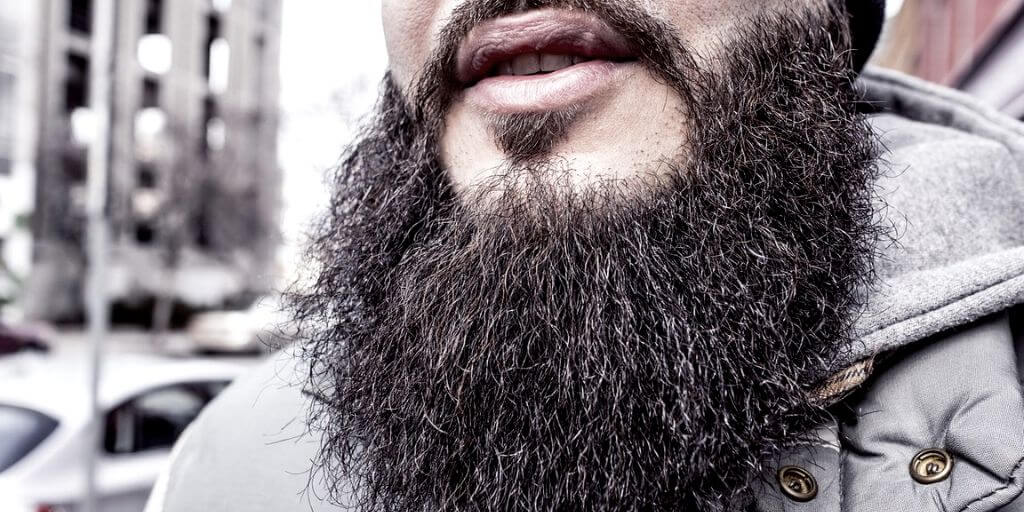On October 25, 2021, the U.S. Equal Employment Opportunity Commission updated its COVID-19 technical guidance to address employees’ religious objections to vaccine mandates. Title VII of the Civil Rights Act of 1964 protects workers from religious discrimination. The law also grants employees the right to seek accommodations of their sincerely held religious beliefs, practices, and observances. Given the proliferation of legally mandated and voluntarily imposed workplace vaccine mandates, many employees have sought exemption from the requirement on religious grounds. While acknowledging that employers generally must consider employee requests for religious accommodations, the EEOC emphasizes that employees are not automatically entitled to an exemption based on a religion-based objection.
Click for more on “Accommodating Religious Beliefs in the Workplace”
Employee Requests
The new EEOC guidance confirms that an employee must ask for a religious exemption to the vaccine mandate before the employer must consider offering one. Employees do not have to use any “magic words,” such as “religious accommodation” or “Title VII,” but must affirmatively express a conflict between their religious beliefs and being vaccinated for COVID-19.
Support for Religious Objections
The EEOC confirms its historical view that employers should generally assume an employee’s asserted religious belief is valid. But, with a sufficient “objective basis,” an employer may question the religious nature or sincerity of an asserted belief. In that case, the employer may engage in a limited factual inquiry and seek additional supporting information.
Religious Nature
Religious beliefs may be distinguished from purely personal, political, economic, or social views. However, Title VII protects even nontraditional religious beliefs. If there is uncertainty as to why the professed belief is religious in nature, the employee may be asked to explain.
Sincerity
Usually, it is difficult to challenge the sincerity of an employee’s professed religious belief. However, evidence undermining an employee’s credibility can be evaluated. For example, the EEOC notes the following potentially relevant factors:
- prior acts by the employee inconsistent with the professed belief;
- whether the accommodation sought is a particularly desirable benefit that is likely to be sought for non-religious reasons;
- timing of the request (e.g., following an earlier request by the employee for the same benefit for non-religious reasons); and
- other information suggesting the accommodation is not sought for religious reasons.
The EEOC cautions that an individual’s sincerely held religious beliefs can change over time. And “[a]n employer should not assume that an employee is insincere simply because some of the employee’s practices deviate from the commonly followed tenets of the employee’s religion, or because the employee adheres to some common practices but not others.”
Undue Hardship
As with disability accommodations, employers need not grant religious accommodations that would pose an undue hardship. Nonetheless, employers are advised to “thoroughly consider all possible reasonable accommodations, including telework and reassignment.” What constitutes an undue hardship will vary between workplaces and potentially even between positions within the same organization.
The EEOC asserts that “[a]n employer cannot rely on speculative hardships when faced with an employee’s religious objection but, rather, should rely on objective information.” The following factors may be relevant in weighing an exception to a COVID-19 vaccination requirement:
- nature of work location (indoors or outside)
- type of work setting (solitary or group)
- degree of interpersonal interaction
- number of employees seeking a similar accommodation
Individualized Analysis
Employers should evaluate each religious accommodation request on its own merits. Thus, some employees with religious objections may be excused from the vaccine mandate while others are not.
In each case, an employer may consider:
- type of workplace
- nature of the employee’s duties
- number of employees who are fully vaccinated
- how many employees and nonemployees enter the workplace
- the number of employees who would need a particular accommodation
An employee’s personal religious beliefs may affect what accommodations are possible for them compared to others.
Alternative Accommodations
Employers are not limited by the specific accommodation an employee seeks. They may consider any reasonable accommodation that would resolve the conflict between the vaccination requirement and the employee’s sincerely held belief without causing an undue hardship. If more than one accommodation meets that standard, then the employer should consider the employee’s preferred accommodation. But the employer retains the right to choose the accommodation granted even if different than the employee’s preference.
The EEOC suggests, “If the employer denies the employee’s proposed accommodation, the employer should explain to the employee why the preferred accommodation is not being granted.”
Reconsidering Accommodations
The EEOC notes that the accommodation process is a “continuing obligation that takes into account changing circumstances.” Both employee religious beliefs and workplace conditions could change.
Of particular note, the technical guidance confirms that “an employer has the right to discontinue a previously granted accommodation if it is no longer utilized for religious purposes, or if a provided accommodation subsequently poses an undue hardship on the employer’s operations due to changed circumstances.”
The EEOC suggests that, as a best practice, employers should discuss any changes (and potential alternatives) with the affected employee before revoking a previously granted accommodation.
Uncertainty Remains Unavoidable
This recent EEOC guidance offers some clarification for employers facing the difficult challenge of responding to employees’ religious objections to vaccine mandates. Unfortunately, however, the emphasis on a case-by-case analysis leaves each situation open to interpretation. As a result, employees who don’t get the accommodations they seek may pursue religious discrimination claims under Title VII or similar state or local laws. A wave of such litigation is likely, no matter how careful employers are in evaluating these requests. Thus, you should review these requests with an experienced employment lawyer before taking final action that may upset an employee.
Follow Horton Law on LinkedIn for the latest news and updates on COVID-19 compliance, vaccine mandates, and other topics of interest to New York employers.

